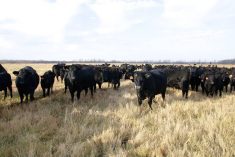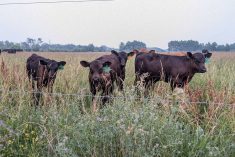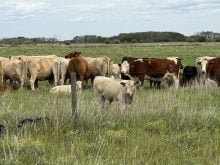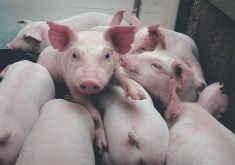The House of Commons international trade committee has urged the Canadian government to reject a free trade deal with South Korea if it does not open the market to Canadian beef.
It told the Conservative government that any deal with South Korea must not give other Canadian agricultural exporters less favourable access terms than have been negotiated by other countries.
This was an issue raised by the Canola Council of Canada, concerned that a deal could put Canadian canola seed and oil at a permanent disadvantage when competing in the lucrative Korean market with soybean products from the United States.
Read Also
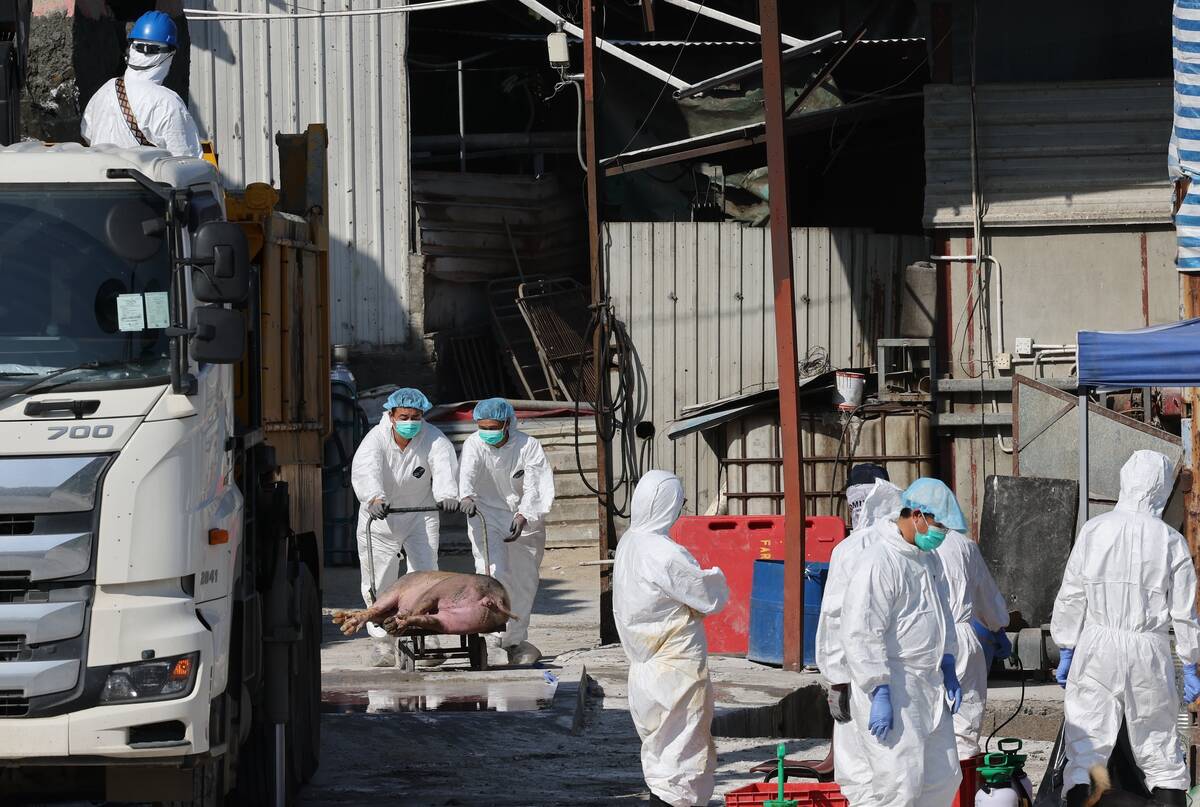
Mixed results on new African swine fever vaccine
The new African swine fever vaccine still has issues, but also gave researchers insight into how virus strain impacts protection against the deadly pig disease.
Liberals and Conservatives on the committee combined to produce a majority report that said secrecy surrounding progress in the long-running Canada-South Korea trade talks makes it impossible to judge whether a deal will be good or bad.
“We are confident that the government of Canada will not sign a deal that is bad for the country,” said the majority report. “However, we also note that the final decision on any agreement rests with parliamentarians. If a trade deal is concluded, MPs will have a chance to debate the agreement at that time with full knowledge of its contents as well as to vote on the implementing legislation.”
On the beef issue, the committee report tabled in Parliament noted testimony from Canadian Cattlemen’s Association government and international relations director John Masswohl that a recent trade agreement with Peru does not give Canadian beef the same access as other countries’ beef sectors have negotiated.
He also noted that South Korea has refused to reopen its borders to Canadian beef after BSE even though more than 100 other countries offer some access.
The committee recommended the government “make any free trade agreement with Korea conditional on restoring access for Canadian beef exporters to the Korean market.”
The committee also recommended that any Canadian sector damaged by a Canada-South Korea deal be eligible for compensation from Ottawa.
In a minority report, the NDP said Ottawa should negotiate sectoral trade deals for those industries that want them but not an over-arching free trade agreement.
Last week, during the semi-annual meeting of the Canadian Beef Export Federation, president Ted Haney pointed to Canada’s performance in negotiations with Korea as a symptom of the government’s lack of a co-ordinated trade negotiation strategy.
He said at the recent inauguration of South Korean president Lee Myung-Bak, the U.S. included in its official delegation the president of the country’s largest beef lobby. He took part in meetings with the new president and directly made the pitch for increased access for American beef.
By contrast, Canada sent foreign affairs minister Maxime Bernier. No beef industry representatives were with him.
“We knew that Mr. Bernier was in Korea just after Mr. Bernier left Korea,” said Haney.



